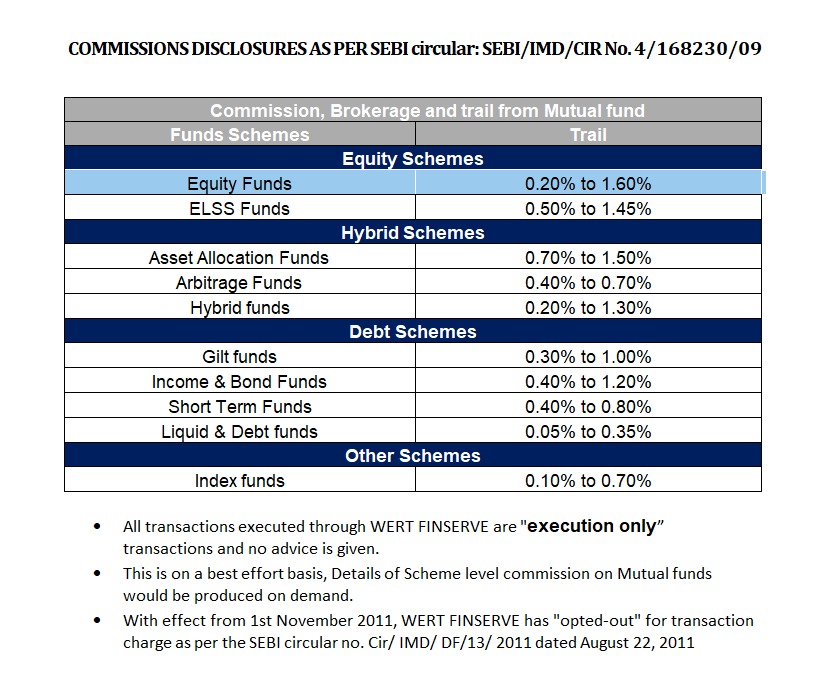As global concerns around climate change, social justice, and ethical governance grow, investors are re-evaluating how their money is allocated. In India, this has led to the emergence of green investing, with a focus on ESG—Environmental, Social, and Governance funds. ESG investing integrates sustainability and ethical practices into investment decisions, aiming to generate both financial and societal returns.
This blog explores the evolution of ESG funds in India, their regulatory framework, performance trends, and the broader impact they are making on corporate India.
What Are ESG Funds?
ESG funds are mutual fund schemes that allocate capital to companies demonstrating strong environmental responsibility, social impact, and governance standards. These funds screen or select companies based not only on profitability and valuations but also on how sustainably and ethically those businesses operate.
The ESG model assesses companies on:
- Environmental (E): Carbon emissions, waste management, renewable energy, pollution control.
- Social (S): Labor practices, employee rights, diversity, community involvement.
- Governance (G): Board structure, transparency, executive pay, shareholder rights.
By including these dimensions in the investment process, ESG funds aim to support companies that are future-ready and less exposed to regulatory, reputational, and operational risks.
Growth of ESG Investing in India
India’s ESG mutual fund landscape has seen accelerated growth over the past few years.
Key Statistics (as of mid-2025):
- Total AUM across ESG-themed equity funds exceeds ₹11,000 crore.
- Over 10 dedicated ESG schemes are offered by top mutual fund houses.
- Most ESG funds focus on large-cap or flexi-cap strategies with a strong governance bias.
This surge in interest is supported by growing investor awareness, regulatory encouragement, and the rising demand for ethical financial products.
SEBI’s ESG Framework: Key Developments
To bring credibility and structure to ESG investing, the Securities and Exchange Board of India (SEBI) has introduced a series of regulations between 2022 and 2025 aimed at standardizing ESG fund operations, improving disclosure, and preventing greenwashing.
1. ESG Fund Categorization
SEBI has allowed mutual funds to launch ESG schemes under five clearly defined strategies:

Each ESG fund must state its strategy explicitly in its name to avoid ambiguity.
2. ESG Investment Rules
From October 1, 2024, all ESG schemes must:
- Invest at least 65% of their assets in companies with assured BRSR Core disclosures.
- Use ESG scores from SEBI-registered ESG Rating Providers.
- Disclose the ESG rating or score of each portfolio holding monthly.
- Ensure fund strategy undergoes independent assurance annually.
These norms apply to both existing and new ESG funds and enhance transparency and compliance.
3. Business Responsibility and Sustainability Reporting (BRSR Core)
SEBI mandates the top 1,000 listed companies to file a Business Responsibility and Sustainability Report (BRSR). The BRSR Core framework identifies key ESG indicators across sectors and requires companies to:
- Disclose quantitative, comparable ESG metrics (e.g., emissions intensity, board diversity).
- Obtain independent assurance for critical data starting FY 2024–25.
- Extend ESG disclosures to value-chain partners in phases by FY 2025–26 (voluntary in year one).
This move ensures that companies are not only reporting ESG data but that the data is consistent, verifiable, and decision-useful for investors.
Performance of ESG Mutual Funds in India
While ESG investing was once thought to trade off returns for ethics, the performance data suggests otherwise. Many ESG funds in India have matched or even exceeded mainstream equity funds in recent years.
Selected ESG Fund Performance (as of June 2025):

These returns highlight that ESG-conscious investing can provide strong financial outcomes when combined with robust fund management and risk oversight.
Impact on Corporate Behavior in India
ESG investing has become a catalyst for improved corporate conduct in India. Driven by both regulation and investor expectations, companies are:
- Strengthening governance: Boards are becoming more independent and diverse; executive pay is increasingly linked to ESG targets.
- Emphasizing environmental action: Several large firms have pledged to reduce carbon intensity and shift to renewable energy sources.
- Embedding social responsibility: From workplace equity to community development, ESG goals are becoming part of business strategy.
Additionally, ESG-related disclosures and investor engagement are influencing decisions on capital allocation, procurement, and long-term planning. Companies with stronger ESG profiles are increasingly preferred by domestic and global investors alike.
Points to Consider Before Investing in ESG Funds
While ESG funds offer both impact and potential returns, investors should approach them with the same diligence as any other product:
- Understand the fund’s ESG strategy and how it is implemented.
- Review the portfolio to assess sector and stock-level alignment with ESG principles.
- Examine past performance, but note that it doesn’t guarantee future results.
- Stay updated on SEBI regulations and ESG fund disclosures.
Being aware of the fund’s ESG score methodology, engagement policies, and ESG rating providers can also help in making informed choices.
Outlook for ESG Investing in India
Looking ahead, ESG investing in India is expected to become more mainstream due to:
- Richer ESG data and reliable assurance mechanisms.
- Expansion into fixed-income space with ESG and green bonds.
- Investor education and the growing influence of sustainability in financial planning.
SEBI’s phased, transparent regulatory approach ensures that ESG investing in India remains credible, data-driven, and aligned with global best practices.
Conclusion
Green investing through ESG mutual funds represents a powerful convergence of profit and purpose. Backed by a solid regulatory foundation, maturing fund strategies, and growing investor awareness, ESG funds are poised to play a meaningful role in shaping India’s financial and sustainable development landscape.
As with all investments, individuals should assess suitability based on financial goals, risk profile, and time horizon. ESG funds offer a compelling option for those seeking to align their investments with long-term trends in sustainability, governance, and responsible business.
At WERT Finserve, we’re committed to helping investors stay informed about evolving investment opportunities, including ESG-focused mutual funds.
If you’re exploring how ESG funds fit into your long-term portfolio or would like clarity on recent SEBI regulations, fund strategies, or disclosure norms:
Get in touch for an informational discussion.
Disclaimer: The information presented in this document is intended for informational and educational purposes only and does not constitute investment advice, solicitation, or recommendation to buy or sell any financial product. While every effort has been made to ensure accuracy, Wert Finserve makes no representations or warranties regarding the completeness or reliability of the data provided. Market conditions are subject to change, and past trends may not continue. Readers are advised to consult a SEBI-registered investment advisor for personalized financial guidance before making any investment decision.





